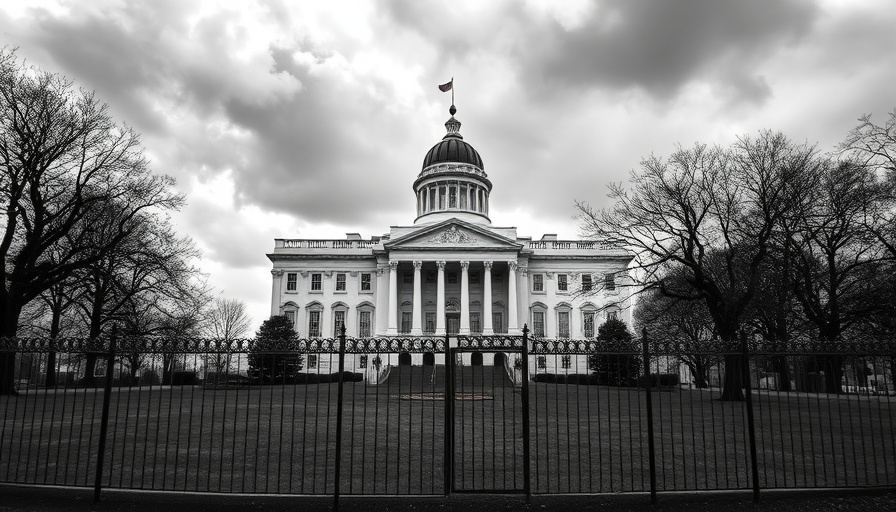
Understanding the Impact of HHS' Decision on Immigrant Families
Recently, the U.S. Department of Health and Human Services (HHS) announced significant changes to access federal benefits, particularly affecting undocumented immigrants and those lawfully present in the country. The new restrictions have sparked a wave of concern among advocacy organizations, suggesting the implications could be dire for many families who rely on these essential programs.
The Rescinding of a Crucial Policy
HHS rescinded a 1998 interpretation of the Personal Responsibility and Work Opportunity Reconciliation Act of 1996 (PRWORA), which had previously allowed many undocumented immigrants access to federal benefits. The revised policy includes programs such as community health clinics and family planning initiatives, now deemed as federal public benefits. According to HHS Secretary Robert F. Kennedy, Jr., the changes aim to restore integrity to federal social programs and prioritize resources for legal residents. However, this stance raises critical questions about the effect on immigrant families awaiting essential services.
Broader Implications for Lawfully Present Immigrants
Importantly, this policy does not solely hinder undocumented individuals; it also affects various lawfully present immigrants. For instance, those with Temporary Protected Status, special U visas, or those who are awaiting green card issuance might find themselves ineligible for benefits that are critical for their well-being and integration into society. This exclusion could diminish their ability to seek necessary services, perpetuating a cycle of disadvantage.
The Ripple Effect on Immigrant Families
The impacts extend further, potentially affecting U.S. citizens in immigrant families. As noted by advocacy group Protecting Immigrant Families (PIF), when even one family member is ineligible for federal health programs, it complicates access to healthcare for the entire household. Given that approximately 27% of the U.S. population lives in immigrant families, this restriction could have a widespread and detrimental effect on public health outcomes.
A Call for Awareness and Action
As these changes take effect, it is crucial for healthcare professionals and innovators in the health tech space to understand the implications on access to services for immigrant families. With a significant segment of the population impacted, there lies an opportunity for healthcare IT professionals to innovate solutions that bridge these gaps. Advocates urge for a dialogue about the importance of equitable healthcare access to prevent further marginalization of vulnerable populations.
 Add Row
Add Row  Add
Add 




Write A Comment